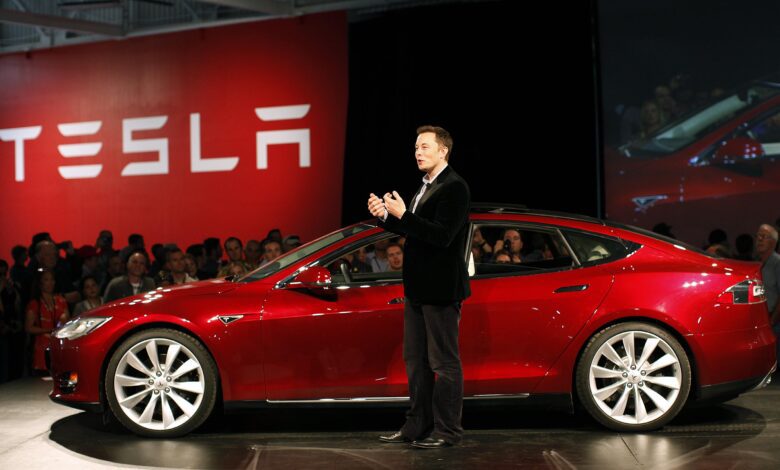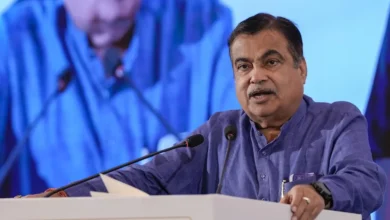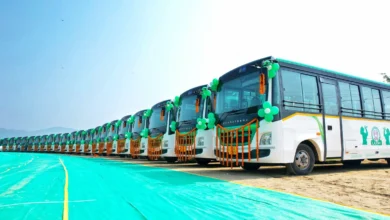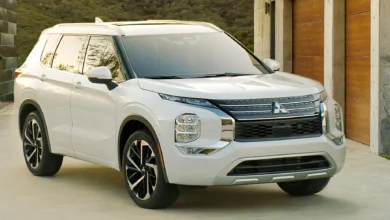You cannot sell in India but create jobs in China: Indian government refuses to give tax cuts to Tesla if no manufacturing
Even though India in its budget 2022 offered boost to indigenous EV sector, it hasn't agreed to Tesla's terms

The government on Tuesday questioned electric car company Tesla’s business practices, of seeking tax breaks to use the Indian market to sell its products, but not wanting to set up manufacturing facilities in the country which can generate thousands of jobs.
The minister of state for heavy industries Krishan Pal Gurjar told the Lok Sabha during Question Hour that Tesla is yet to apply for schemes as per the government’s policy.
“We can’t grant subsidies or relaxation in taxes to the said company as they don’t want to set-up their manufacturing and other operation bases here. Why should we favour a company which creates jobs in China and mints profit from our markets? Our Prime Minister has a vision for all such foreign companies, if you want to sell your product in our country, then manufacture them here only,” Minister of State for Heavy Industries Krishna Pal Gujjar told the Lok Sabha in response to a question by Shiv Sena member Vinayak Bhaurao Raut.
Last month, Tesla founder and CEO Elon Musk said the company is working through a lot of challenges with the government to launch its products in India.
PM Modi’s administration has encouraged Tesla to produce locally, while Musk wants India to lower taxes — as high as 100% on imported EVs — to enable the company to first sell vehicles built elsewhere at competitive prices.
As per the Ministry of Heavy Industries, the government has formulated a scheme, Faster Adoption and Manufacturing of (Hybrid &) Electric Vehicles in India (FAME India) Scheme in 2015 to promote the adoption of electric/hybrid vehicles (EVs) in the country with an aim to reduce dependency on fossil fuels.
Finance minister Nirmala Sitharaman also announced a policy for battery swapping to boost EV demand in the Budget 2022. Under this, the government will provide land resources to companies and boost charging infrastructure across the country.
She said in her speech, said “interoperability standards will be formulated” in the country. This means a uniform standard for EV batteries will be launched, which will be adhered to by all EV brands.



